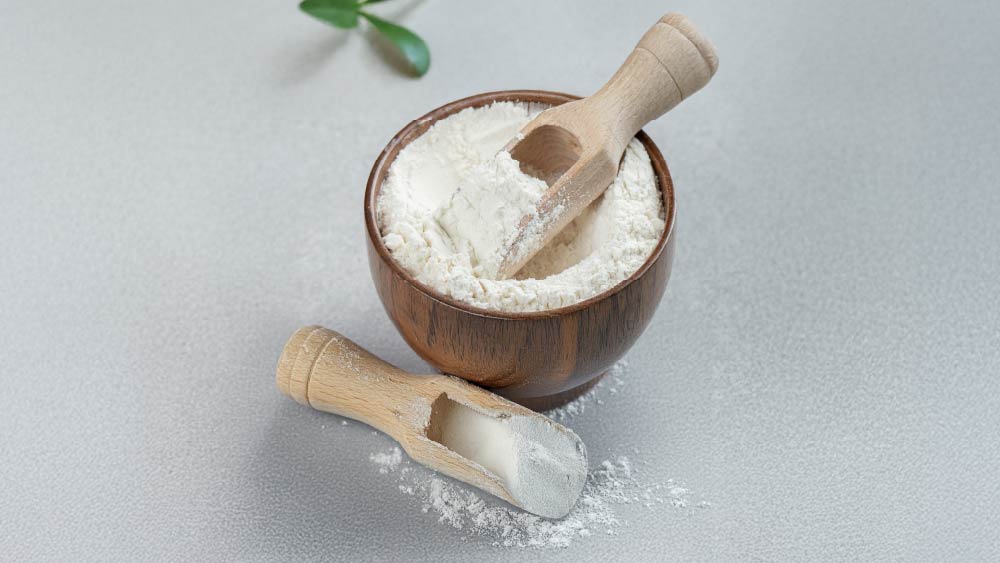It’s no secret that sleep affects just about everything. A lack of sleep will have a domino effect on your energy, thoughtfulness, appetite, mood, and more. The brain and the body need rest just as much as food and water, and for those trying to lose weight, getting enough sleep can be detrimental to progress. Experts agree that getting enough sleep is just as important to weight loss as diet and exercise. And don’t think that one night here and there is harmless. One study from the University of Colorado showed that one week of sleeping about 5 hours a night led participants to gain an average of two pounds. When it comes to sleep deprivation, the effects are endless.
Choices
The frontal lobe in your brain, the hub for decision making and impulse control, is hindered when the body doesn’t get enough rest. This means your mental clarity is impacted and your brain tends to just reach for whatever feels good, such as comfort foods and inactivity.
A study published in the American Journal of Clinical Nutrition showed a correlation between lack of sleep and late-night, carb-heavy snacking. This was reiterated by the University of Chicago, whose research showed people who got less sleep chose snacks with twice as much fat as those who slept at least 8 hours, as well as bigger portions and more persistent cravings.
Appetite
A lack of sleep has shown in numerous studies to be directly linked to an increased appetite. The hormone leptin, responsible for appetite suppression and energy expansion, is reduced when the body is low on sleep and instead the hormone ghrelin is spiked, triggering feelings of hunger. A study of over 1,000 people found that those who slept less than the recommended daily amount had 14.9% higher ghrelin levels and 15.5% lower leptin levels than those who got adequate sleep. Those short sleepers also showed to have higher BMIs than those who got an adequate amount.
Metabolism
A lack of adequate sleep triggers the body’s stress hormone cortisol to spike. This hormone signals the conservation of energy, which also means the body hangs on to fat. It also can be linked to increased appetite.
Your resting metabolic rate, or the number of calories your body burns while at rest, has also been shown to decrease with less sleep. Muscle loss has also been linked to poor sleep.
Poor Physical Exercise
No one wants to work out when they are exhausted. Daytime fatigue makes a person less motivated and less likely to exercise. Those who do make it to the gym are found to have less intense and effective physical activity. While research showed getting more sleep made athletes faster, with improved accuracy and reaction times.
In the end, sleep has proven to be just as important in weight loss and fitness efforts as exercising and eating right. Sleep deprivation triggers not just one of these issues, but typically most of them. Your quality of sleep effects the body’s appetite, selection, and response to food, as well as your quality of physical activity, all of which directly relate to weight loss.
https://www.webmd.com/diet/sleep-and-weight-loss#1
https://thesleepdoctor.com/2018/04/10/sleep-deprivation/





